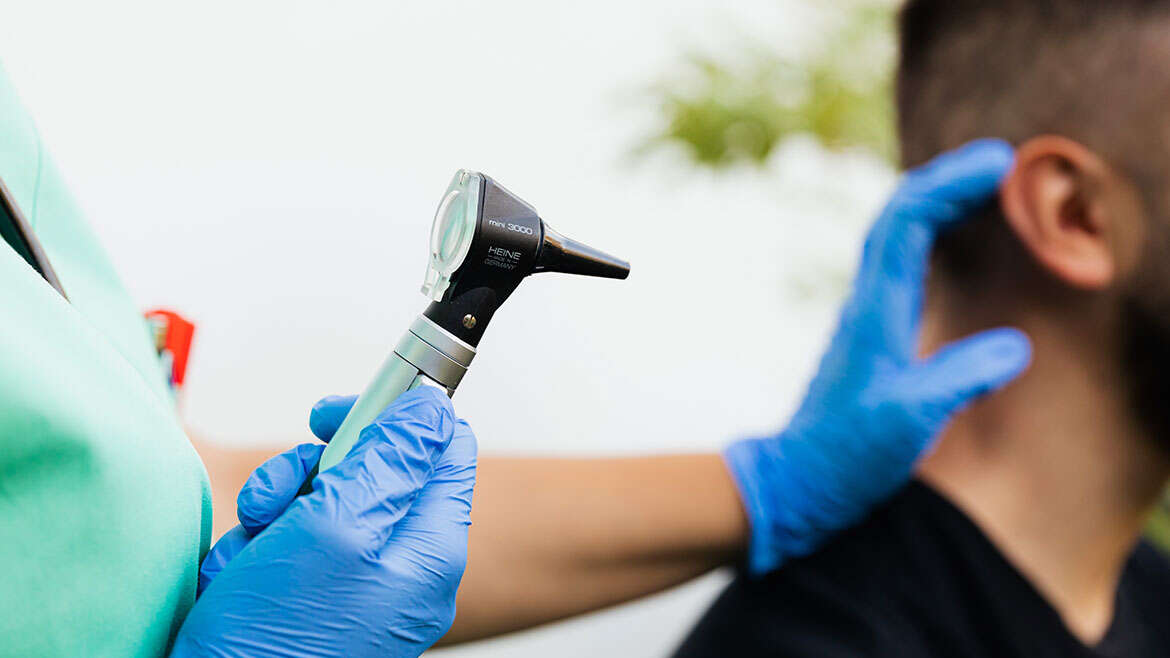Don’t be fooled into thinking the hearing test imperative is too dramatic a headline. Most of us take good hearing for granted. So, even if you think your hearing is just dandy, it’s a good idea to have a baseline hearing test done. After all, the last time you had a hearing test was probably at school.
This baseline test provides your audiologist with comparative records as you get older. It’s simply a fact of life that age-related hearing loss affects many people. And it’s a gradual process. Which is why an annual hearing test would ensure that you get the help you need to maintain top-notch hearing health – should there be hearing loss.
Missing out on the world
Apart from missing out on life’s delightful sounds, undiagnosed hearing loss has many ramifications. It will impact your ability to absorb information, which could be disastrous for your career. Then there are safety and security concerns too. And worst of all, communication problems may lead to strained relationships, which in turn may result in a life of isolation.
Be proactive
There’s no stigma attached to hearing loss. It’s a natural process which may have been the result of continuous exposure to loud noise, head injuries, certain medications or ageing.
The different types of hearing loss are:
- Sensorineural – referring to nerve and cochlea damage
- Conductive – pathology occurs in outer or middle ear such as damage to eardrum or ossicles
- Mixed hearing loss – a combination of the above as a result of ear infections and ageing
But there also may be sudden hearing loss. In this instance, a hearing test is invaluable in detecting a possible underlying cause.
Remember, the sooner you know that you have hearing loss, the better.
And don’t worry: you needn’t prepare a thing for your hearing test. Your efficient audiologist does all the hard work!
Screening
If you’re unsure of your hearing status when you visit us, we may perform a free screening test. Based on these results, we’ll suggest that you either come back in a year’s time for another screening, or we’ll propose an audiological evaluation.
The test
First, the check starts with otoscopy to check whether the ear canal is clear (i.e. no wax build-up or foreign objects blocking ear canal), plus examining the eardrum health (no fluid, bleeding or bulging).
You’ll then have an audiometric test, which consists of air and bone conduction tests. In short, this means listening to beep noises and then the response to the softest sound level is recorded. The resultant audiogram highlights frequencies and loudness for each ear and the source of the loss. There also may be a speech discrimination test to determine the ability of the ears and brain to recognise words from random noise. Both these tests are useful in identifying whether you need hearing aids, as well as what type would provide the right correction.
Finally, tympanometry is a middle ear measurement test to determine the integrity of the eardrum and ensuring that pressure levels are within normal limits. This allows the audiologist to identify if there’s ossicle or eardrum damage.
So, don’t wait until you need to continually turn up the TV or your phone volume – book your hearing test today.

